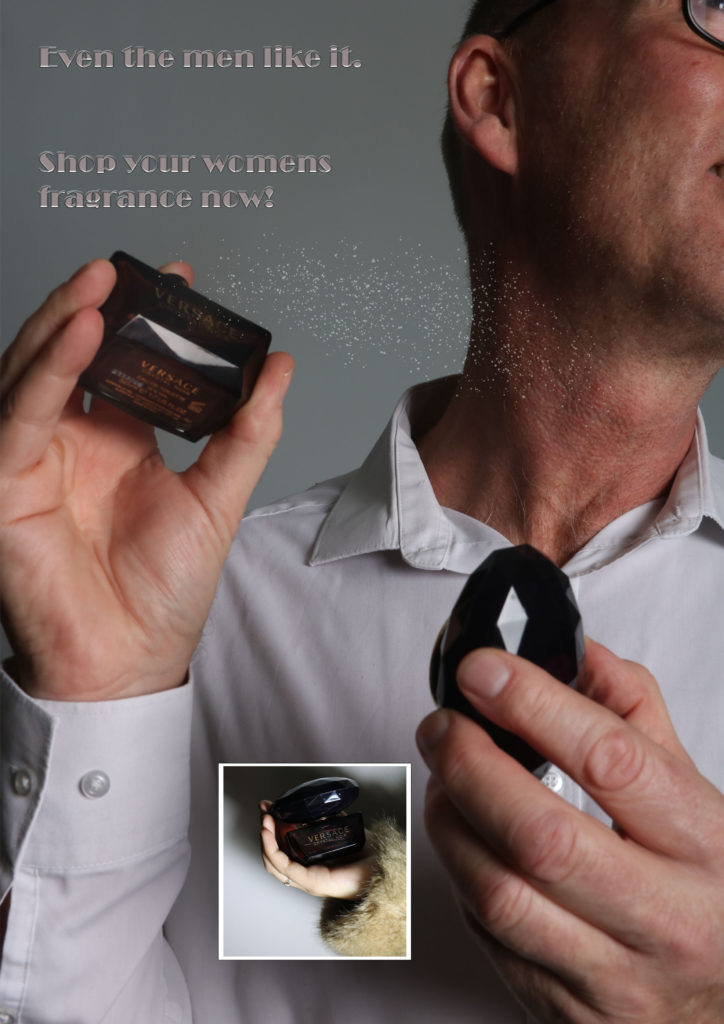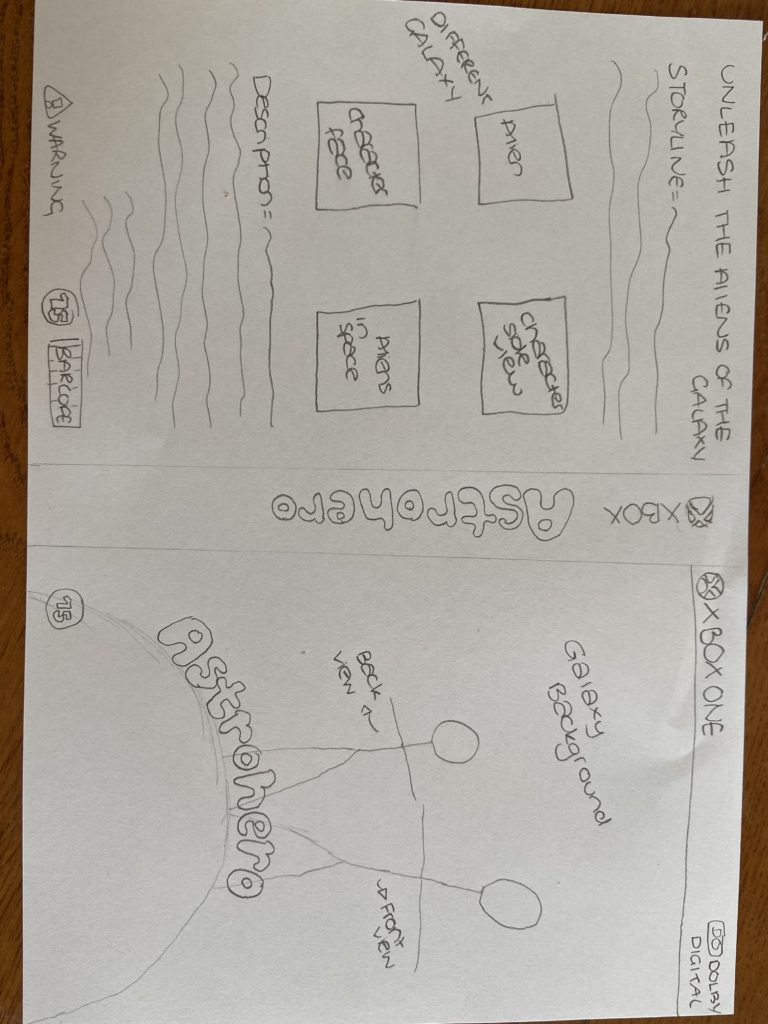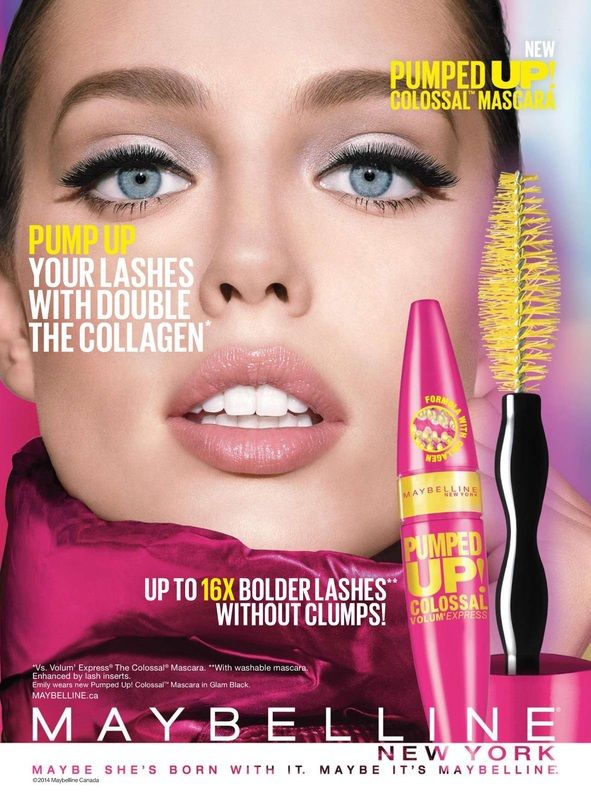
Radical advert


Identity is ‘the distinguishing character or personality of an individual’.
Gauntlet’s theories on identity look at how identity is personal to an individual being, it is also a way of grouping and identifying similar people together, forming a stereotypical identity, and it is something that is constructed as we grow, learn and develop.
Fluidity of Identity encompasses the idea that identity is everchanging, (and can even change on a daily basis), especially as we are influenced, as we adapt and experience new things.
Constructed identity is the idea that the public is passive and don’t think for themselves, they are influenced by powerful opinion leaders (such as the Media, and social influencers who people trust the opinions of). Constructed identity follows along with archaic stereotypical binary. For example, the constructed belief that heterosexuality is the ‘perfect’ sexuality.
Negotiated identity is the ‘middle ground’, in which we (as people with personal identities and self-expression) can decide how we present ourselves whilst also being influenced by the identities projected by the media, meeting the expectations of societal norms and those around us.
Collective identity is the theory that groups of people who share a similar interest or personality are often stereotyped together and are categorized and defined by this shared identity. As an example, football fans are grouped together as supporters of their team and given a typecast identity.
DAVID GAUNTLET: QUOTES
“Gauntlett suggests that marketing and advertising agencies construct multiple possibilities of who we might be.” – The media often present the most ‘idealistic’ or ‘perfect’ identity which is true to societies expectations and traditional binary representations.
“We now live in a post-traditional society” – Society is slowly moving away from archaic ideologies and celebrating diversity that contrasts to societies ‘norm’
“Contemporary mass media has helped to mainstream non-heteronormativity” – New, contemporary and diverse media has impacted the views of society as a whole. Not only has the mass media normalised diversity through gender identity, self-expression and allowed non-traditional identity to be accepted more freely, it has also helped society to move away from the stereotypical heterosexual lifestyle which is often presented as the ‘perfect’ way to live.
“Audiences are active, they control the representations they want to engage with” – Even though audiences are passive in a sense and are manipulated by opinion leaders who project representations which are made out to be ‘right’. Audiences are also active and can decide which of these representations they are influenced by, often the one that relates to themselves the most suitably.
“The positive thing we have now is the online culture made by everybody” – Everybody who uses social media has their own control over what they post and choose to put out to be seen. This modern type of media is a way of showcasing diversity as reality, in which all types of representations are collated together in one place, reflective of contemporary society.
The Leveson Review was a judicial public inquiry into the British press’s culture, practices, and ethics. This came after the phone hacking scandal at News International. In November 2012, the Leveson report was released, which examined the culture and ethics of the press and presented proposals for a new body to replace the existing Press Complaints Commission. The inquiry’s full terms of reference were released in July 2011, along with a six-person panel. Sir David Bell (former chairman of the Financial Times), Shami Chakrabarti (director of Liberty), Lord Currie (former Ofcom director), Elinor Goodman (former political editor of Channel 4 News), George Jones (former political editor of the Daily Telegraph), and Sir Paul Scott-Lee QPM (former Chief Constable of the West Midlands Police) were among those in attendance. The overall cost of the Leveson inquiry, according to a response published in 2013, was £5.4 million.
The Levenson inquiry was a judge-led inquiry (spanning across 2011 and 2012) set up Prime Minister David Cameron. It reviewed the general culture and ethics of the British media, and made recommendations for a new, independent body to replace existing press complaints commission. This was a result of the wake of the phone-hacking scandal at the now defunct News of the World tabloid. This was where employees of the news paper were accused of phone hacking, police bribery, and exercising improper influence is the pursuit of finding a story.
The final 2000 page report was published on the 29th of November 2012.
The Leveson Inquiry was a public inquiry into the ethics of the British Press. This inquiry was sparked by the ‘News International, phone hacking scandal’ and was advised by Prime Minister, David Cameron. The inquiry was chaired by Lord Justice Leveson (Brian Leveson).
This ‘scandal’ came about after many newspaper journalists were accused of phone hacking . Investigations from 2005 to 2007 showed that this was mainly directed towards celebrities and public figures (such as politicians). However, in 2011, further investigation displayed that members of the public, such as victims of the ‘7th July London Bombings’, were also hacked.
The Leveson Report was published in November 2012, this reviewed the British media. It also proposed a recommendation for a new organisation to take over the ‘Press Complaints Commission’. This new organisation would be recognised by the UK Government.
Following events at ‘The News of the World’, Part 2 of the inquiry was delayed. In 2017, this was dropped. Matt Hancock confirmed this in 2018. David Cameron appreciated the evidence although didn’t followed through with new legislation.
Fluidity of identity is about how the current representation of people in mainstream media is always changing, and that what is currently the standard representation of people now is not the same as what it possibly used to be or what it will be in the future. For example David Gauntlet states “depiction of the passive housewife throughout the twentieth century was being increasingly replaced by images of assertive women taking control of their lives” which is a great example as it shows real life a scenario of our changing perception of certain people identity’s due to the changing times as this “movement” was ultimately being encouraged by the Spice Girls. Another example of fluidity of identity is how men used to be perceived as strong, tough and were not expected to display deep emotions whereas now men our greatly encouraged to speak about their feelings and are seen as equals to women too.
Essentially we will never have a fixed identity, because we will always be willing to adapt and adhere to the new or current social norms.
Even though the standard representation of men and women are forever changing, there are still a number of events, people and things which can also help with shaping identity. For example as David Gauntlet mentions in his identity theory, things like social media influencers, films, etc distribute insight into different ways of living which we sometimes intentionally or subconsciously attempt to integrate into our lives. Similar theory’s have been developed such as Albert Bandura’s social learning theory, in which he theorises children learn behaviour traits from figures that they observe on TV: however Gauntlet himself did actually conduct a Lego experiment in which he observed how people develop multiple personality’s and adhere them to different social situations depending on who you are conversing with.
Overall, constructed identity is about the different things that effect and shape you overall personality, or that “we may carefully select which details to reveal so we can manage how we are viewed by other people.“- David Gauntlet
A brief explanation of negotiated identity is that it is the line where your desired appearance to other people meets the expectation that other people have of you. for example as Erving Goffman states in his theory of social interaction, “We need to reach a “working consensus” or agreement regarding the roles each person will assume in any interaction.” This could also be described as adapting your personality for the social scenario you are in.
The phrase collective identity is a reference to the natural human desire of belonging, specifically to a group. An example of this would be religion as it brings people together to create a community in which people treat each other like family which of course creates a sense of belonging.
The Leveson inquiry was a judge-led inquiry (spanning across 2011 and 2012) set up Prime Minister David Cameron. It reviewed the general culture and ethics of the British media, and made recommendations for a new, independent body to replace existing press complaints commission. This was a result of the wake of the phone-hacking scandal at the now defunct News of the World tabloid. This was where employees of the news paper were accused of phone hacking, police bribery, and exercising improper influence is the pursuit of finding a story.
The final 2000 page report was published on the 29th of November 2012.




Style Model- Mascara (L’Oréal, Maybelline, Covergirl)
Reactionary print advert- Male representation wearing mascara to oppose the idea that makeup is for women
Historical print advert- Femake representation wearing mascara to support the idea that makeup is for women but more bold and colorful because based around 1960’s/1970’s.
Product- Mascara
All 3 Adverts–
Textual Analysis- Iconic sign of mascara, dominant signifier of female model.
Semiotic Analysis- Reactionary representation as a female model is being used to present makeup.
Representational Analysis- The advert presents an attractive female model wearing clothes in which suggest wealth and confidence. The target audience for this advert would be young females who aspire to feel as confident and beautiful as this woman looks within the advert.
The Leveson inquiry was a judicial public inquiry into the culture, practices and ethics of the British press. series of public hearings were held throughout 2011 and 2012. The Inquiry published the Leveson Report in November 2012, which reviewed the general culture and ethics of the British media, and made recommendations for a new, independent, body to replace the existing Press Complaints Commission, which would have to be recognised by the state through new laws. Prime Minister David Cameron, under whose direction the inquiry had been established, said that he welcomed many of the findings, but declined to enact the requisite legislation.
Part 1 of the Leveson Inquiry would be addressing:
“the culture, practices and ethics of the press, including contacts between the press and politicians and the press and the police; it is to consider the extent to which the current regulatory regime has failed and whether there has been a failure to act upon any previous warnings about media misconduct.”
and Part 2:
“the extent of unlawful or improper conduct within News International, other media organisations or other organisations. It will also consider the extent to which any relevant police force investigated allegations relating to News International, and whether the police received corrupt payments or were otherwise complicit in misconduct.”
The Inquiry published the Leveson Report in November 2012, which reviewed the general culture and ethics of the British media, and made recommendations for a new, independent, body to replace the existing Press Complaints Commission, which would have to be recognised by the state through new laws.